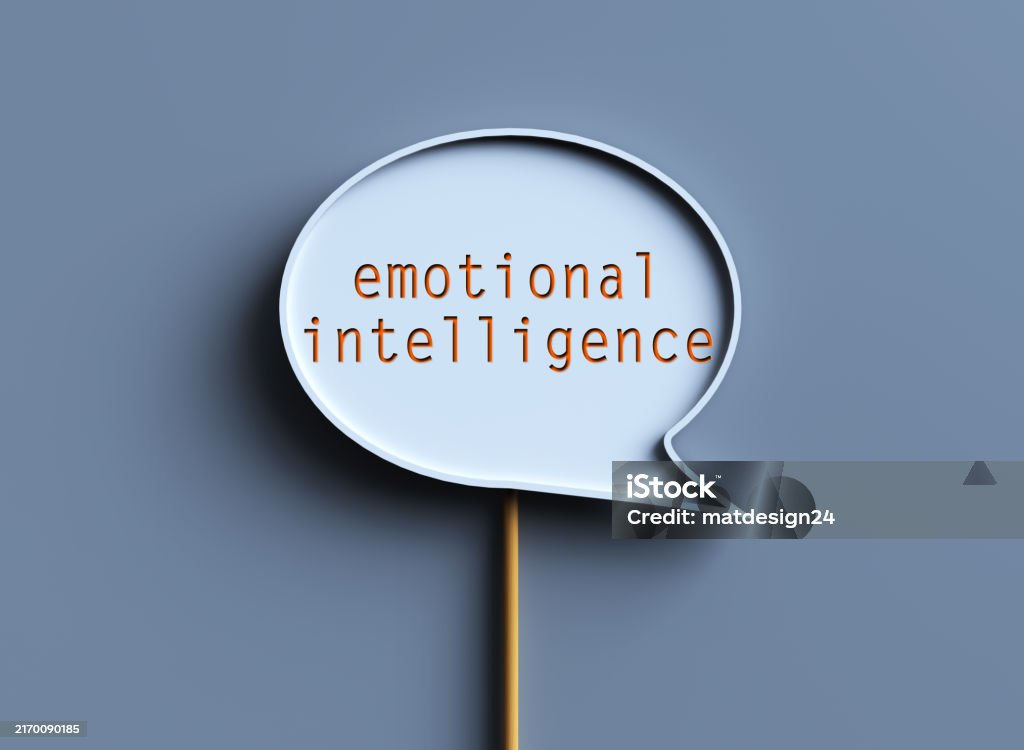Physical Address
304 North Cardinal St.
Dorchester Center, MA 02124
Physical Address
304 North Cardinal St.
Dorchester Center, MA 02124

Have you ever wondered why some friendships last a lifetime, certain colleagues excel in teamwork, or why some romantic relationships withstand the test of time? The secret often lies not in intelligence or shared interests but in emotional intelligence (EI)—the ability to understand, manage, and respond to emotions effectively.
Research shows that individuals with high emotional intelligence tend to build stronger, more fulfilling relationships across different areas of life. In friendships, EI helps navigate conflicts and deepen emotional bonds. In professional settings, it fosters teamwork, leadership, and effective communication. In romantic relationships, it strengthens trust, empathy, and emotional connection.
A study published in Personality and Individual Differences found that emotional intelligence positively correlates with friendship quality and social support. Similarly, research from The Journal of Applied Psychology suggests that employees with high EI perform better in team-based environments. In romantic relationships, a study from The Journal of Social and Personal Relationships highlights that couples with higher emotional intelligence experience greater satisfaction and conflict resolution skills.
In a world where emotions shape our interactions, emotional intelligence stands as a key factor in maintaining and enhancing relationships. The good news? Unlike IQ, EI can be developed and strengthened over time. So, if you’re looking to improve your connections—whether personal or professional—start by improving your emotional intelligence.
What is it?
Emotional intelligence (EI), as introduced by psychologist and author Daniel Goleman in his seminal 1995 book Emotional Intelligence: Why It Can Matter More Than IQ, refers to the capacity to recognize, understand, and manage one’s own emotions, as well as to recognize and influence the emotions of others. Goleman’s work brought widespread attention to the idea that traditional cognitive intelligence (IQ) is not the sole predictor of personal and professional success; rather, emotional intelligence plays a critical role in various aspects of life.
Key Components of Emotional Intelligence
Goleman’s model of emotional intelligence comprises five core components:
Impact of Emotional Intelligence on Various Relationships
Goleman’s research underscores the profound influence of emotional intelligence on different types of relationships:
Developing Emotional Intelligence
One of the most significant insights from Goleman’s work is that emotional intelligence is not fixed; it can be developed and enhanced over time. Strategies to improve EI include:
Daniel Goleman’s exploration of emotional intelligence reveals its vital role in shaping our personal and professional lives. By understanding and developing the components of EI, individuals can enhance their ability to navigate the complexities of emotions, leading to more fulfilling relationships and greater success in various life domains.
Emotional intelligence (EI) plays a crucial role in various aspects of life, including personal relationships, professional environments, and overall well-being.
The Importance of Emotional Intelligence
Emotional intelligence (EI) plays a crucial role in how we interact with others and manage our own feelings. Individuals with high EI are especially skilled at reading both spoken words and non-verbal cues such as body language and tone of voice. This ability helps them express themselves more clearly and avoid misunderstandings. As noted by Inspire Kindness, emotionally intelligent people are empathetic, good communicators, and aware of both their own emotions and the emotions of those around them.
One of the greatest advantages of EI is its impact on relationships. People who are emotionally intelligent are better at understanding others’ feelings, allowing them to respond in a more thoughtful and sensitive way. This emotional awareness builds trust and strengthens personal and professional connections by promoting positive, respectful interactions.
In leadership positions, emotional intelligence is an essential asset. Leaders with strong EI are more capable of handling pressure, offering feedback in a productive manner, and encouraging their teams. They create a workplace culture where team members feel heard, appreciated, and motivated. Such leaders are also able to navigate complicated social dynamics, making them more effective in decision-making and organizational guidance.
When it comes to handling conflict, emotionally intelligent individuals have a clear advantage. They can recognize the emotional roots of a disagreement and address issues with empathy and composure. This results in reduced tension, smoother collaboration, and a more harmonious environment. According to ManageMagazine, using emotional intelligence improves how conflicts are resolved and enhances overall communication in both professional and personal settings.
Emotional intelligence also supports mental health. People who manage their emotions well tend to be more resilient and better equipped to deal with stress, anxiety, and emotional setbacks. This emotional regulation contributes to a more balanced and healthy mental state, improving overall well-being and personal satisfaction.
Productivity is another area where emotional intelligence has a significant effect. By keeping emotions in check, individuals can stay focused, make thoughtful decisions, and remain motivated. These habits lead to greater efficiency and success in both career and personal endeavors.
Adaptability is a hallmark of emotionally intelligent individuals. They are more flexible in unfamiliar or changing situations because they can regulate their emotions and shift their behavior as needed. This kind of emotional flexibility is essential in today’s fast-paced, constantly evolving world.
Furthermore, emotional intelligence nurtures empathy and compassion—traits that are essential for building a more understanding and inclusive society. As Princess Kate has emphasized, developing emotional and social skills is essential not just for personal growth but for community well-being as well.
In conclusion, emotional intelligence is a powerful life skill that affects communication, relationships, leadership, conflict resolution, mental health, productivity, and adaptability. The best part is that EI is not fixed—it can be developed. By becoming more self-aware, managing emotions mindfully, and practicing empathy, anyone can enhance their emotional intelligence.
Start your journey today—because a better version of yourself begins with emotional awareness.